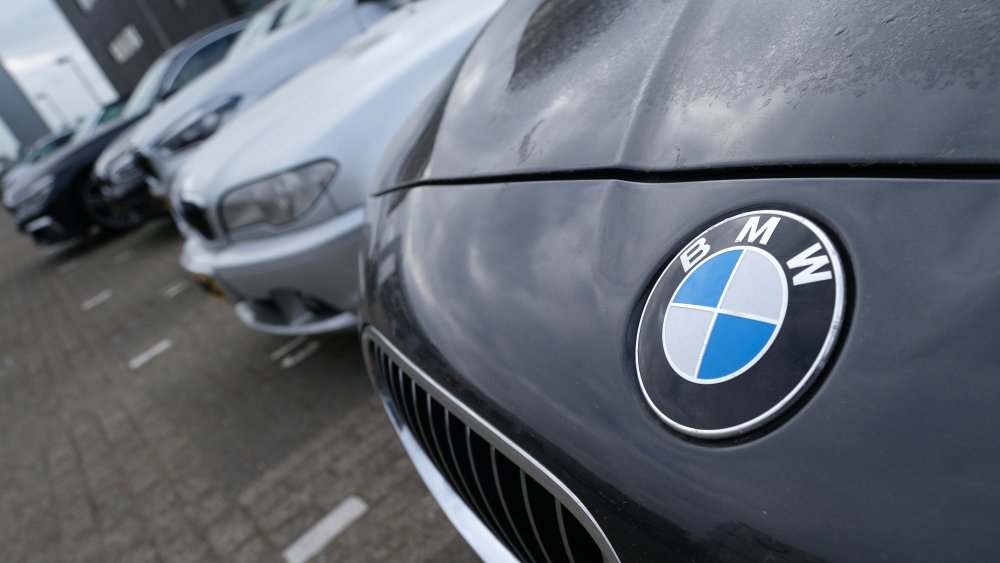How Your BMW Is Lying To Your Face
For BMW reviewer Nico DeMattia, BMW's M235i Gran Coupe introduced a much needed feature: the ability to reduce the car's "artificial engine noises." While the option to simply turn off such effects is mysteriously and maddeningly absent, they did admit in their review that the "Reduced" setting made driving the car "so much more tolerable." Overall, DeMattia's opinion of the car glowed: "Personally, I'm actually not one to overly criticize artificial engine sound in modern car cabins. I understand why it exists and, for the most part, it's usually not too intrusive... However, whether interior audible fakery bothers you or not, the best solution is always choice... BMW's new iDrive gives its performance car owners that choice and it's a revelation." DeMattia's issue lay with more the desire of hearing the engine and BMW's attempts to cover it up with produced fakery than the noise of the fakery itself.
For those who don't peer too closely under the hood, the fact that car manufacturers fake their engine noises may be surprising. Since at least 2010, automakers have been exploring ways to amplify or reproduce their engine noises for a series of reasons. As the Financial Post pointed out at the time, the rise of hybrid cars was a public safety issue as pedestrians and bicyclists couldn't hear the machine's approach. To rectify this, Toyota started selling small speaker systems to be placed under the hood while other companies, such as Ford and Nissan, were also playing with similar ideas.
Autotuned automobiles
Mere safety concerns didn't cover all the reasons why companies felt compelled to fabricate the sounds of a car's engine. In another piece of the M235i Gran Coupe, autoblog writer Zac Palmer commented on how "The 2020 BMW M235i Gran Coupe has fake engine noise pumped into the cabin. Pretty much every new BMW does at this point. Customers want a loud, sweet sounding engine at full throttle and a silent cabin on the highway." That's it. A combination of engineering, both with regards to the engine as well as the cabin, and regulations of noise pollution means that cars are simply a lot quieter now, but people still desire the rush of hearing a loud noise when they're blazing around in a two ton block of metal.
By this point, the generated engine noises are just an assumed part of the "automobile experience." However, when gearheads, the people for whom these companies went out of their way to mimic these noises, discovered the forgery, they were very upset. In a Popular Mechanics piece detailing the response to the discovery that Volkswagen was secretly faking their car noises, they quoted Andrew Wong, whose opinion sums up the consensus: "I want to hear the engine, rather than some version of the engine being played to me." Why car companies have not yet included the option to opt out of the artificial roars and purrs, instead forcing a certain type of driving experience on their customers, is still a mystery.

